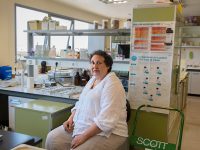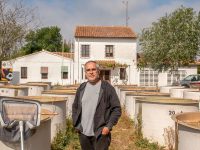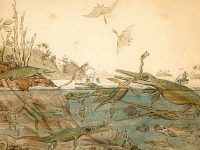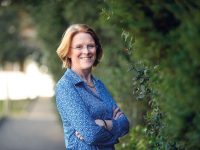Understanding diversity through sexual selection
Professor of Zoology at the Cavanilles Institute of Biodiversity and Evolutionary Biology of the University of Valencia
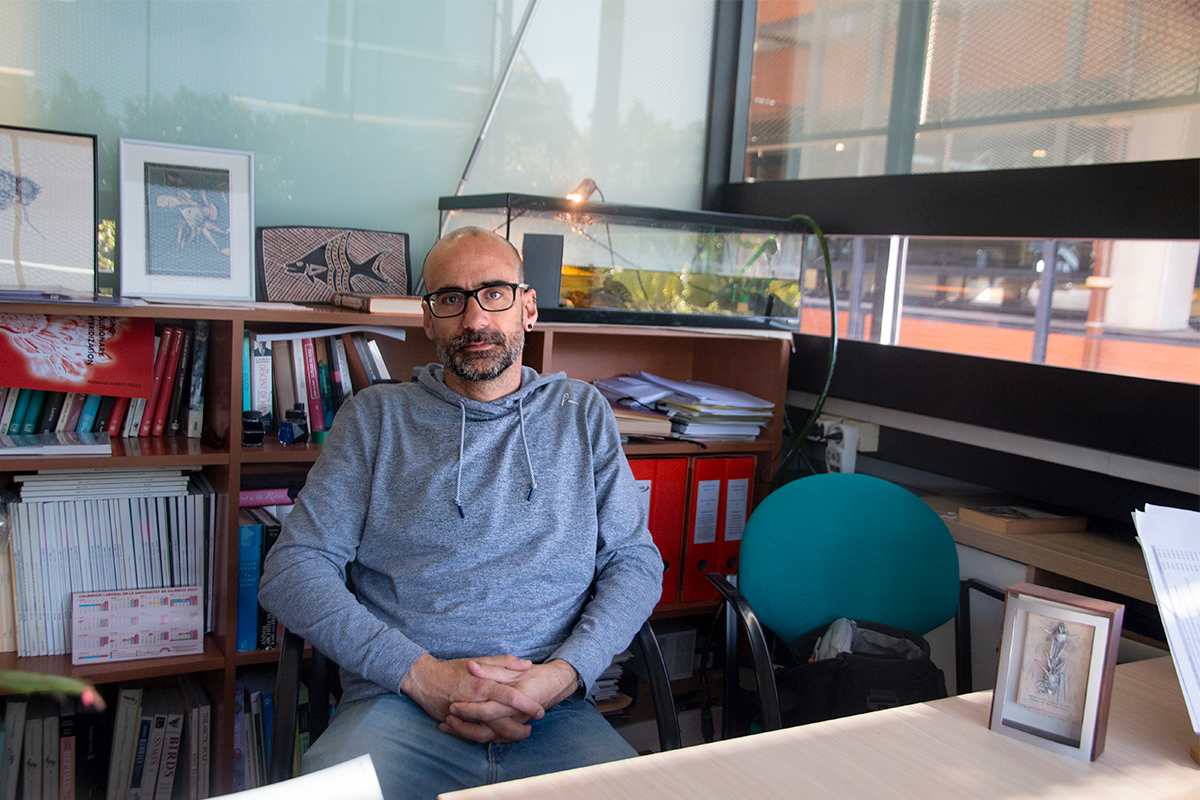
I am a professor in the Department of Zoology at the University of Valencia and a researcher at the Cavanilles Institute of Biodiversity and Evolutionary Biology. In 2015, I started my own research group where we study the evolution of behaviour and, in particular, sexual selection. We are currently working on the interaction between ecology and sexual selection, on how the latter is affected by environmental changes in nature, which is fundamental to understanding how behaviour evolves and how biodiversity is generated and maintained.
I think there is a great lack of knowledge about our research, and in general only that which can potentially be related to some kind of application is recognised. But basic research is fundamental. It is, among other things, the basis of all applied science. To solve this problem of disconnection with the public, I think we need to do more and better communication, and we also need to put more emphasis in schools on the scientific method, on how science works, why science can help us better understand the world around us, what the implications are, and so on.
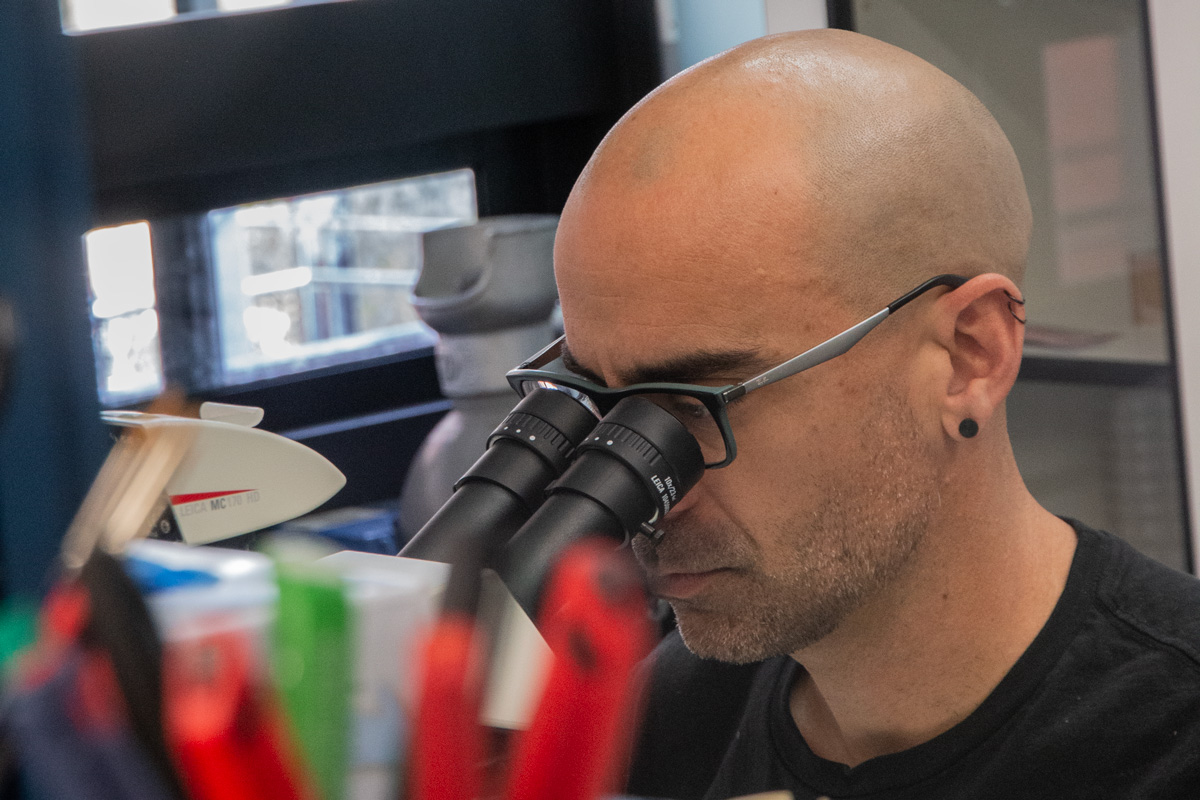
I do not want to be too pessimistic, but Spain still has a long way to go in basic research. It is true that we are moving in the right direction, but we are still one of the countries with the lowest investment in R&D&I, especially in basic research. We have great researchers, but it is a pity that the lack of resources puts many of them in difficulties and leaves many others behind.
Interview and editing: Marta Gutiérrez and Inés Pérez Peris.

